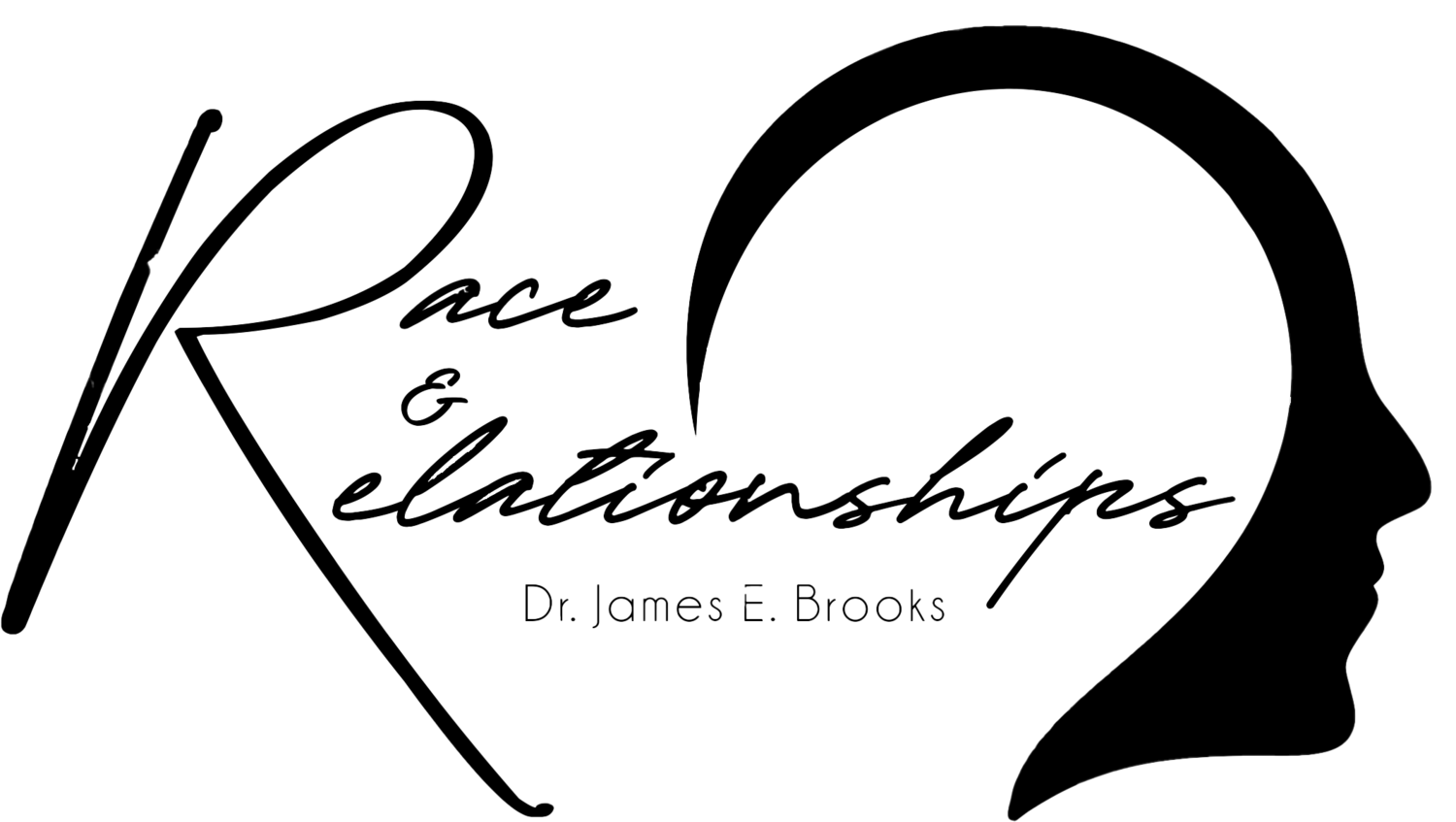Finding a Cultural Home? – The Impact of Discrimination on Multiracial Individuals’ Social Dynamics
Multiracial individuals do not fit into traditional racial groups and thus have a unique experience of the world. Multiracial individuals experience distinct forms of racism and discrimination because their multifaceted identity may mark them as an out-group from any racial group. Many multiracial individuals report experiencing rejection from both White peers and minority peers leading to feeling alienated from multiple racial and cultural communities. This concept has been termed “cultural homelessness,” the feeling that one does not belong to any racial group. Additionally, multiracial individuals experience a unique form of discrimination called “identity incongruent discrimination” in which multiracial people are discriminated against as a race they are perceived as but do not identity as. Multiracial individuals face others’ confusion about their racial background, incorrect assumptions about their racial identity, exotification, invalidation of their racial identity choice, and coercion to choose a racial identity. These forms of discrimination are considered “multiracial discrimination” because they are specific to the multiracial experience.
These experiences can pose barriers to belonging, identity development, and social connectedness, leading to social isolation. To create a better understanding of multiracial individuals’ social dynamics, Franco explores how racism and discrimination not only influence personal relationships but also affect overall life satisfaction and well-being. She conducted a study guided by the following questions:
How does discrimination (racial and multiracial-specific) affect multiracial people’s reports of commonality, acceptance, and close friendships with minority and majority group members?
How does discrimination affect multiracial people’s satisfaction with their number of friends and their overall community?
Are relationships between discrimination and life satisfaction for multiracial people explained by decreased satisfaction with friends and community?
The results of the study indicated that racial and multiracial-specific discrimination does have an impact on multiracial individuals’ social relationships and life satisfaction. First, the results found that both racial and multiracial discrimination decrease connections with White people. Further, the study showed that racial discrimination strengthens ties with people of color, but multiracial discrimination does not and thus leads to increased friendships with multiracial people. Interestingly, racial discrimination results in less acceptance from minority groups, especially in the case of part-Asian and part-Native individuals. Additionally, racial discrimination is associated with decreased feelings of community, but not friendship, whereas multiracial discrimination is associated with both decreased feelings of community and friendship. Finally, both racial and multiracial discrimination contributed to lower levels of life satisfaction, but racial discrimination had a stronger effect.
These results imply a clear distinction between monoracial discrimination and multiracial discrimination as it relates to social well-being and life-satisfaction. Regardless of this distinction, however, both racial and multiracial discrimination have a negative impact on multiracial individuals’ social relationships. Both forms of discrimination can be perpetuated by both White peers and minority peers, which implies the importance of multiracial relationships among multiracial individuals. Most importantly, it is clear that discrimination is an essential factor to consider when evaluating multiracial social dynamics and well-being.
Franco, M. (2019). Let the racism tell you who your friends are: The effects of racism on social connections and life-satisfaction for Multiracial people. International Journal of Intercultural Relations, 69, 54-65. https://doi.org/10.1016/j.ijintrel.2018.12.005
